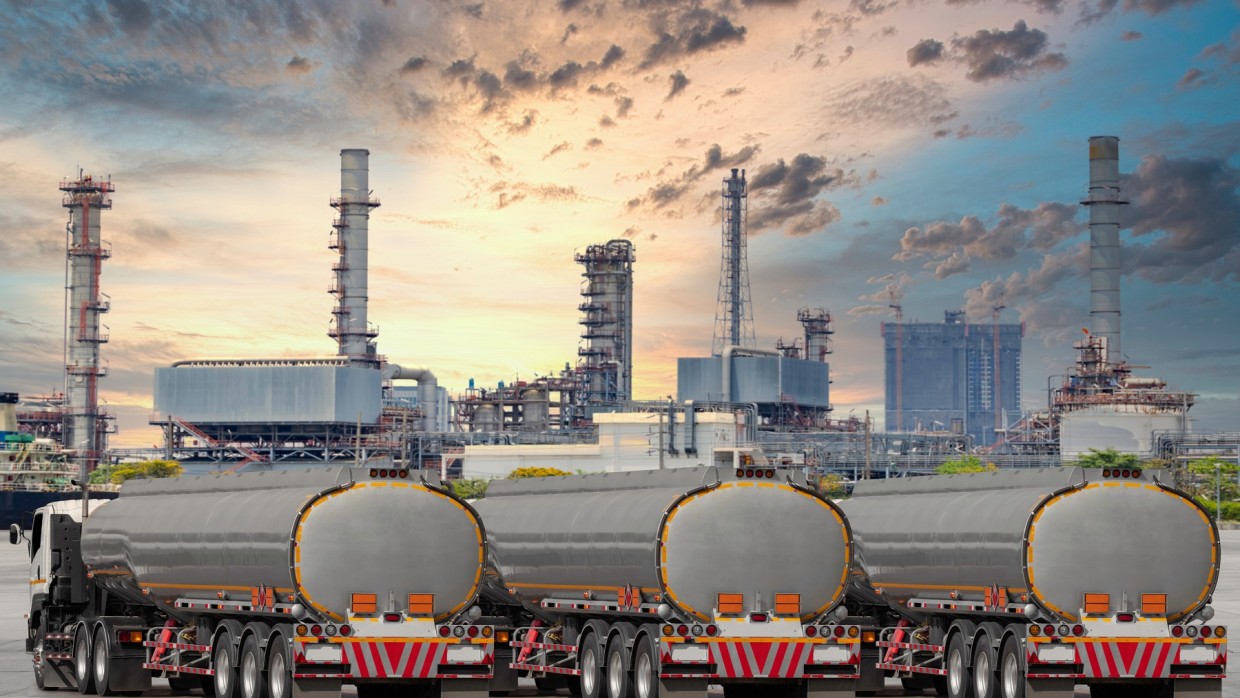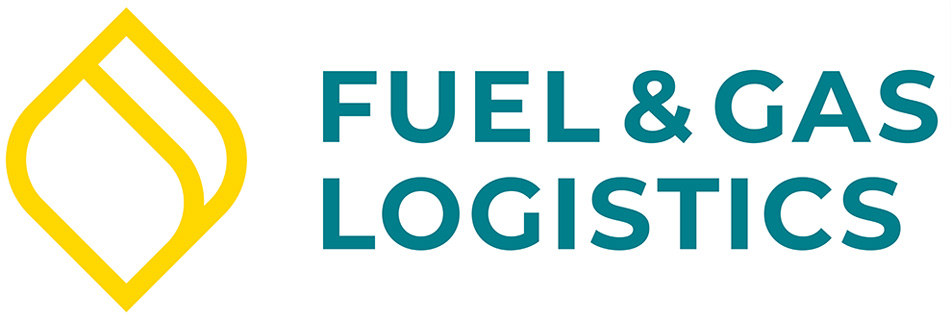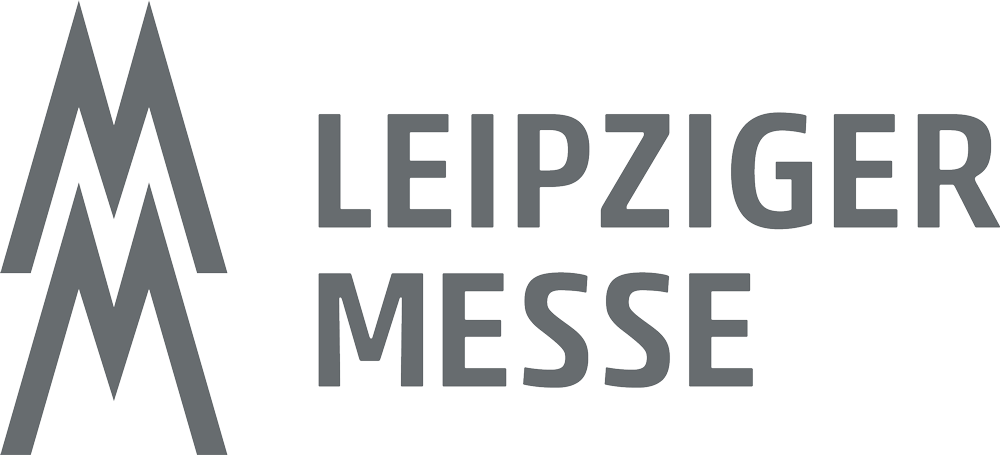News
News
The Market: Facts for Your Business
Germany's Building Energy Act has dominated public discussion for more than six months, the future of petrol-driven engines is the subject of controversial debate, and the country's economic conditions are currently not exactly at their best.
What does this mean for the logistics industry and the need for road transport – also in terms of fuels?
First, it is worth noting that, according to the Federal Statistical Office, lorries remain the number one mode of transport. More than three billion metric tons of goods are transported by road in Germany alone. Trains, which carry around 360 million tons, and inland waterways, which carry a total of 180 million tons, lag far behind. This is not expected to change anytime soon – despite all the efforts made at the level of energy and transport policy. After all, the last mile to the customer is what really counts. And unless you want to switch shipping modes on route several times, you will end up choosing lorries as the most flexible means of transport.
Having said that, various data show that demand for road-based logistics services is also suffering from this year's negative macroeconomic development.
Here are a few facts on the subject:
- Primary energy consumption has shrunk considerably in 2023, reaching record lows. According to an assessment conducted by the Energy Balance Working Group (Arbeitsgemeinschaft Energiebilanzen e.V.), energy demand at the end of the year is expected to be 28 per cent below the last peak in 1990. In addition to high energy prices and relatively mild weather, a major reason for this is the decline in economic output of around 0.5 per cent.
- One early indicator of development in industrial production is the truck toll mileage index determined by the Federal Statistical Office. This was 2.7 per cent lower in September than in the same month during the previous year.
- Based on preliminary data for various product groups transported by road, sales in 2023 have so far been exhibiting a downward trend, especially in the fuel sector (heating oil: -4 per cent, LPG: -10 per cent, lubricants: -9 per cent).
- Demand for diesel fuel also fell accordingly by around 3 per cent.
Positive data are available as well and point to a great deal of potential over the next few years in the road logistics market.
- Some 79 per cent of Germans travel by car from A to B, making it still the most popular means of transport.
- As a result, the number of personal vehicles on German roads rose at the beginning of the year to the highest level so far at 48.76 million. Only about 2 per cent of these are EVs powered by electricity alone.
- In addition, there are 6.3 million commercial vehicles and 4.7 million motorcycles on the road that also consume fuel.
- While growth in the supply of bio-based and synthetic fuels is slow and hindered by government policy, it nevertheless remains steady. Such fuels could be an option for a sustainable future in motorized transportation.
- New energy sources such as hydrogen or renewable gases will play an increasingly significant role. This also applies to road transport where plans for the construction of a hydrogen core network are already underway. However, regional distribution is not likely to be particularly easy to manage – not even via the existing gas network.
- Furthermore, the stock of new pellet boilers is increasing, although growth is slower this year. As a result, more pellets will need to be transported to customers.
- Germany's gas supply remains highly complex and is by no means secure over the long term. At this point, however, experts are not expecting a crisis this winter. Nevertheless, the question of energy security is bound to arise again – at the latest if Ukraine were to cut off the flow of Russian natural gas to various southern and eastern European countries. If this were to happen, Germany would have to fulfil its obligations within the European gas network and supply gas to the crisis regions to keep consumers there from freezing. According to Robert Habeck, Germany's Minister for Economic Affairs, that could also cause industrial plants in Germany to slow production or even shut down.
- A similar situation on the gas market in 2022 led the country to seriously reconsider the advantages of liquid energy sources as a means of keeping production processes and heat generation in operation.
These topics will be addressed by exhibitors and during the conference programme at the international trade fair Fuel & Gas Logistics from 22 to 24 October 2024 in Leipzig.



